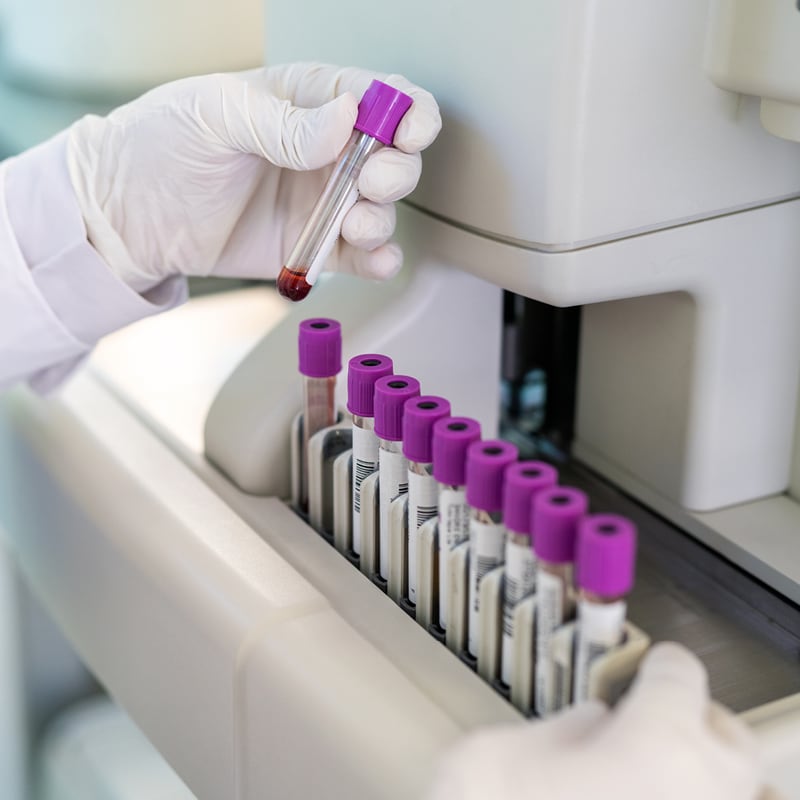It helps give us an idea of how many eggs a woman has left in her ovaries. It’s like a little messenger about a woman’s fertility potential. Doctors can test for AMH levels to understand more about a woman’s ability to have children in the future or to see how she might respond to certain fertility treatments.

1. AMH levels can provide insights into a woman’s ovarian reserve, indicating the quantity of remaining eggs.
2. Predicting Response to Fertility Treatments: For women undergoing fertility treatments like IVF, AMH levels can help predict ovarian response, aiding in treatment planning.
3. Prompt early intervention:
Low AMH levels may indicate potential ovarian dysfunction or premature ovarian insufficiency, prompting early intervention or fertility preservation measures.
1. While AMH levels provide valuable information, they don’t guarantee fertility outcomes or the success of fertility treatments. Other factors also play significant roles.
2. Test results, especially if they indicate reduced ovarian reserve, can cause emotional distress and anxiety for individuals hoping to conceive.
3. AMH testing may not be covered by Medicare or private insurance. Additionally, accessibility to testing may vary depending on location an
Overall it’s important to remember that AMH is not a predictor of the quality of eggs and therefore it’s best to discuss your results with a specialist who can interpret AMH results alongside other factors to give you advice specific to your situation.
Please contact my rooms at 1800 PARMAR. if you are interested in knowing about your AMH.
If you are wanting to have a consultation to discuss your situation, or you are ready to undertake a comprehensive fertility assessment, please book a consultation today.

